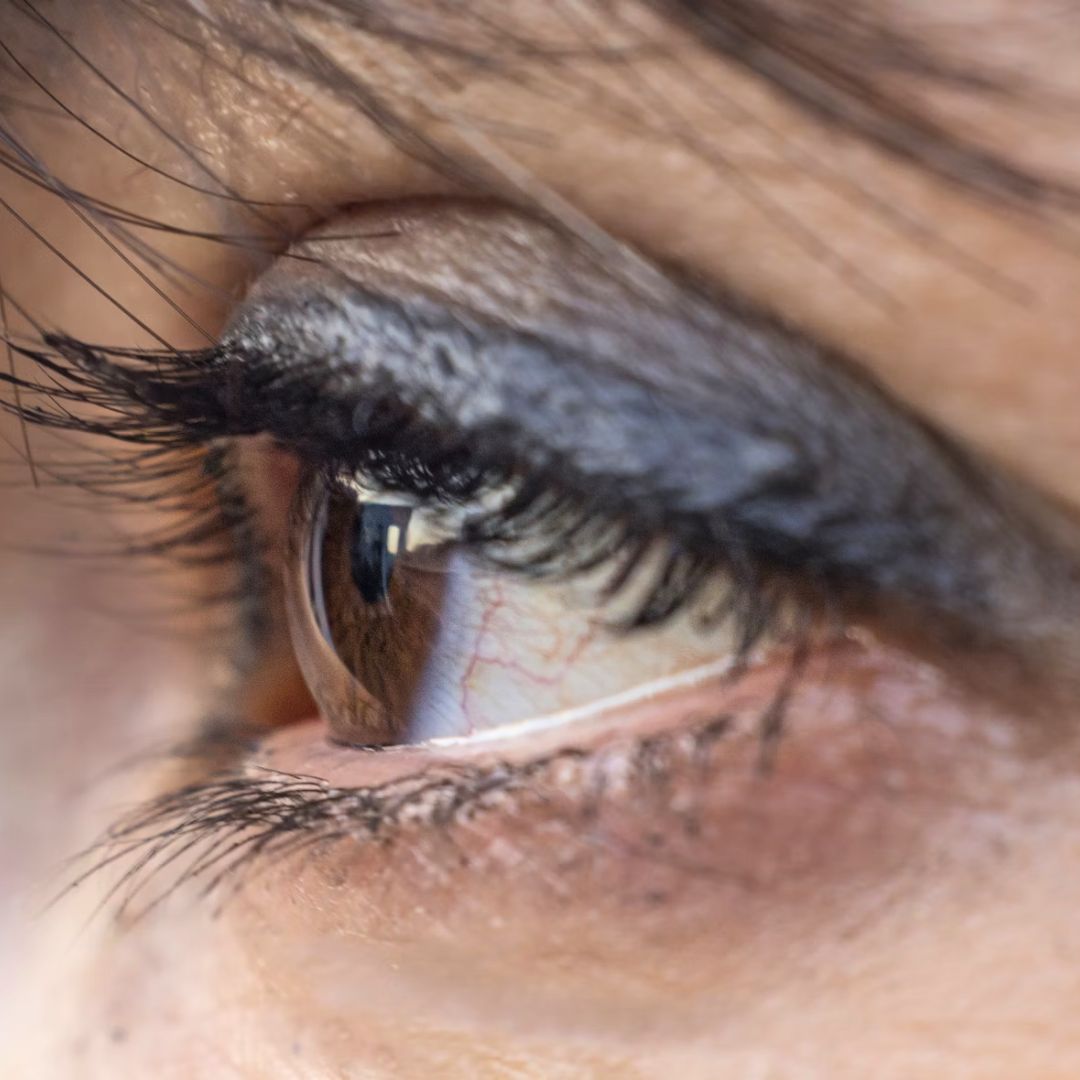Understanding Sjogren’s Syndrome and Its Impact on Your Eyes
Many factors influence your eye health, from environmental to underlying medical conditions you might not even realize you have. One such condition is Sjogren’s syndrome, a disorder that deserves more attention than it gets.
Sjogren’s syndrome is not as well-known as other autoimmune diseases. However, it is quite common. It affects between 400,000 and 3.1 million adults. How does it impact your eyes and overall health?
What Is Sjogren’s Syndrome?
Sjogren’s syndrome is a long-lasting autoimmune disease. In this condition, your immune system attacks your moisture-producing glands. Normally, your immune system protects your body from illnesses. Healthcare providers recognize two main forms of this disease:
- Primary Sjogren’s syndrome occurs without being linked to any other health condition.
- Secondary Sjogren’s syndrome develops alongside another autoimmune disorder, such as rheumatoid arthritis or lupus.
Sjogren’s Syndrome Symptoms and Diagnosis
The two hallmark symptoms of Sjogren’s syndrome are dry eyes and mouth. Your eyes feel scratchy and irritated and might burn or itch persistently. Moreover, a cottony or sticky feeling inside the mouth makes it difficult to speak or swallow.
Some individuals also experience the following:
- Joint pain, swelling, and stiffness
- Swollen salivary glands near the jaw and ears
- Dry skin or skin rashes
- Vaginal dryness
- A chronic dry cough
- Overwhelming fatigue
Diagnosing Sjogren’s syndrome begins with a physical exam and a discussion of your symptoms. Because it shares symptoms with other ailments, your provider will rule out other possibilities first. You may go through a series of tests, including the following:
- Blood tests to check for specific markers
- Eye exams to assess tear production and eye surface health
- Dental exams to detect mouth dryness
- Urinalysis to evaluate kidney function
- Biopsies of salivary glands
- X-rays to examine the glands and joints
Common Complications of Sjogren’s Syndrome
Sjogren’s syndrome is most common in individuals over the age of 40 and strikes women far more often than men. Additionally, those who already have a rheumatic disease are at higher risk.
The exact cause of Sjogren’s syndrome remains a mystery. What is clear, however, is that the chronic dryness resulting from this misguided immune response creates a host of challenges.
- Dental Cavities: With reduced saliva production, people with Sjogren’s syndrome are more likely to develop cavities.
- Yeast Infections: A dry mouth environment is ideal for infections like oral thrush, a fungal infection caused by yeast.
- Lung, Kidney, and Liver Issues: Inflammation can bring lung infections such as pneumonia and bronchitis, impair kidney function, or lead to liver conditions like hepatitis or cirrhosis.
- Lymphoma: A small number of people with Sjogren’s syndrome develop lymphoma, a type of cancer that targets the lymphatic system.
- Peripheral Neuropathy: Some individuals struggle with peripheral neuropathy, which brings numbness, tingling, or burning sensations, particularly in the hands and feet.
Sjogren’s Syndrome and Eye Health
Seeing an eye doctor is especially critical for Sjogren’s syndrome. Since dry eyes are one of the earliest and most persistent symptoms, an optometrist plays a major role in identifying signs before they worsen. Furthermore, without adequate tear production, your eyes are vulnerable to several problems.
- Eye Infections: Tears are a barrier against infection. With fewer tears, your risk of acquiring eye infections rises dramatically.
- Damage to the Eye Surface: If you leave dry eyes untreated, inflammation, abrasions, ulcers on the cornea, and even permanent vision loss can follow.
- Decreased Quality of Life: Struggling with constant eye irritation makes everyday activities like reading, driving, or computer use feel like hurdles.
No cure exists for Sjogren’s syndrome, but you can effectively manage it through medications and lifestyle adjustments. For dry eyes, over the counter (OTC) eye drops, prescription drops, or lubricants may help. Surgery to close tear ducts to keep natural tears longer is also an option.
Schedule Your Eye Exam Now With Eye Wares
Are you searching for “eye doctors near me”? Look no further than Eye Wares. We are your trusted optometry practice in the Greater New Orleans Area. In all our four locations, there is a dedicated optometrist ready to focus on one thing: your eye health.
If you have dry eyes, blurry vision, or need a checkup, Eye Wares offers complete and personalized eye care. Our team knows how Sjogren’s syndrome affects your eyes. We are dedicated to helping you avoid possible problems.
Book your eye exam with Eye Wares today and let us fight dryness and discomfort together!


